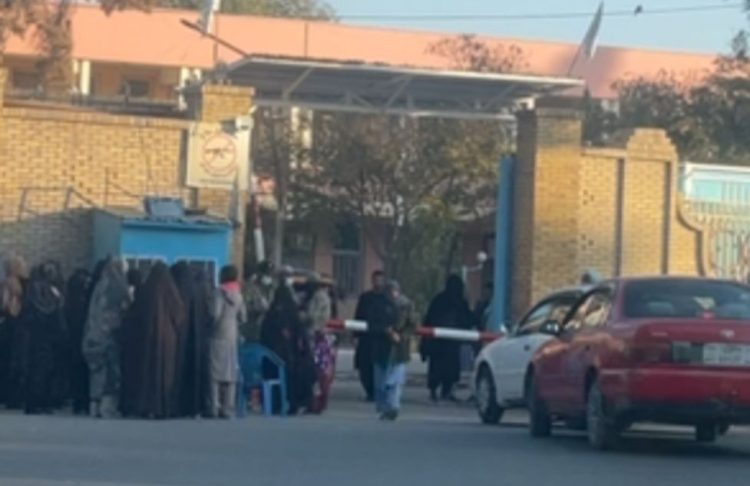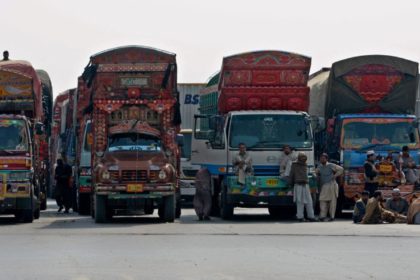RASC News Agency: In a dimly lit clinic in Herat, silence hangs over the waiting room. Mothers clutch their feverish children, staring at a door that no longer opens freely.
Here, treatment now depends on attire without a burqa, there is no entry.
According to Doctors Without Borders (Médecins Sans Frontieres MSF), the Taliban have introduced a new directive requiring all female patients, caregivers, and medical staff to wear the full-body burqa before entering healthcare facilities. The organization warns that what appears to be a dress code is, in fact, another barrier between Afghanistani women and the right to live.
Data shared by MSF shows that in just the first few days after the order took effect between November 5 and 7 the number of patients admitted to the Herat pediatric ward dropped by 28 percent.
“When access to healthcare depends on clothing, justice in health becomes impossible,”
said Sarah Chateau, MSF’s head of operations in Afghanistan.
“Women are being forced to choose between complying with a coercive dress code and seeking life-saving treatment for their children a choice that is both cruel and devastating.”
Chateau warned that even short delays in medical care could prove fatal, particularly for mothers and children suffering from malnutrition, infection, or complications during childbirth. She added that the burqa rule, alongside other Taliban restrictions such as bans on girls’ education and female employment has created a tightening ring of control around Afghanistani women.
At Islam Qala, the border crossing with Iran, the situation is equally dire. Many Afghanistani women returning from Iran arrive physically weak and psychologically traumatized, in urgent need of care.
Yet of more than 100 former female staff members, only four one doctor, one nurse, one midwife, and one support worker have been allowed to continue working, and only under the condition that they wear the burqa throughout their shifts.
MSF reports that the absence of female medical staff has sharply curtailed humanitarian aid operations. Many Afghanistani women refuse to speak to male doctors about their conditions, leaving critical needs unaddressed.
The United Nations announced on November 3 that it had suspended humanitarian operations at the Islam Qala border post due to the Taliban’s gender-based restrictions.
In a statement, the UN said:
“Without the participation of female staff, we cannot deliver aid to women and children with dignity and respect.”
According to UN data, over 60 percent of Afghanistani returnees from Iran are women and children, and nearly one in three families are headed by women many widowed or displaced by war.
Taliban officials in Herat have denied imposing a burqa mandate in hospitals. However, international organizations and local health workers paint a different picture.
Field accounts confirm that Taliban morality enforcers regularly patrol hospital entrances, turning women away for “improper” attire and interrogating staff over compliance with the dress policy.
“What we see on the ground completely contradicts their denials,”
said one international aid coordinator who asked not to be named for security reasons.
“The burqa is no longer just a garment it’s a tool of control.”
In Taliban-ruled Afghanistan, even illness must now observe ideology. Between the patient and the doctor, between pain and treatment, an invisible wall has risen woven from fear, coercion, and the fabric of the burqa.
Humanitarian experts warn that Afghanistan’s healthcare system, once fragile but functional, is sliding into collapse under gender apartheid. The Taliban’s obsession with enforcing control over women’s appearance has effectively turned clinics into checkpoints of obedience, where faith and patriarchy outweigh medicine and mercy.
“The Taliban’s policies are strangling women’s survival itself,”
one aid official said.
“Every restriction, every barrier, every burqa it all adds up to one message:
women are not meant to be seen, healed, or heard.”






